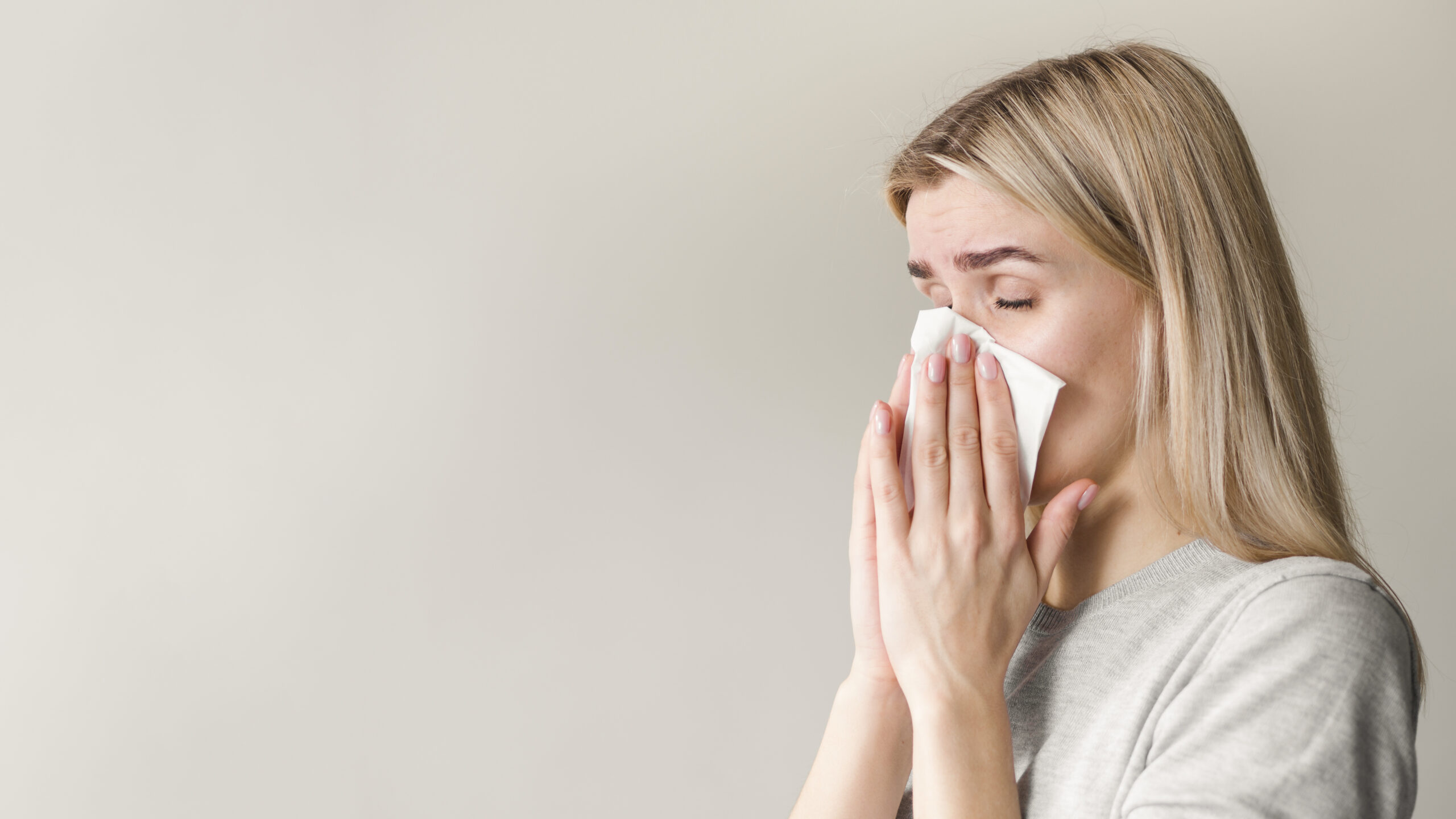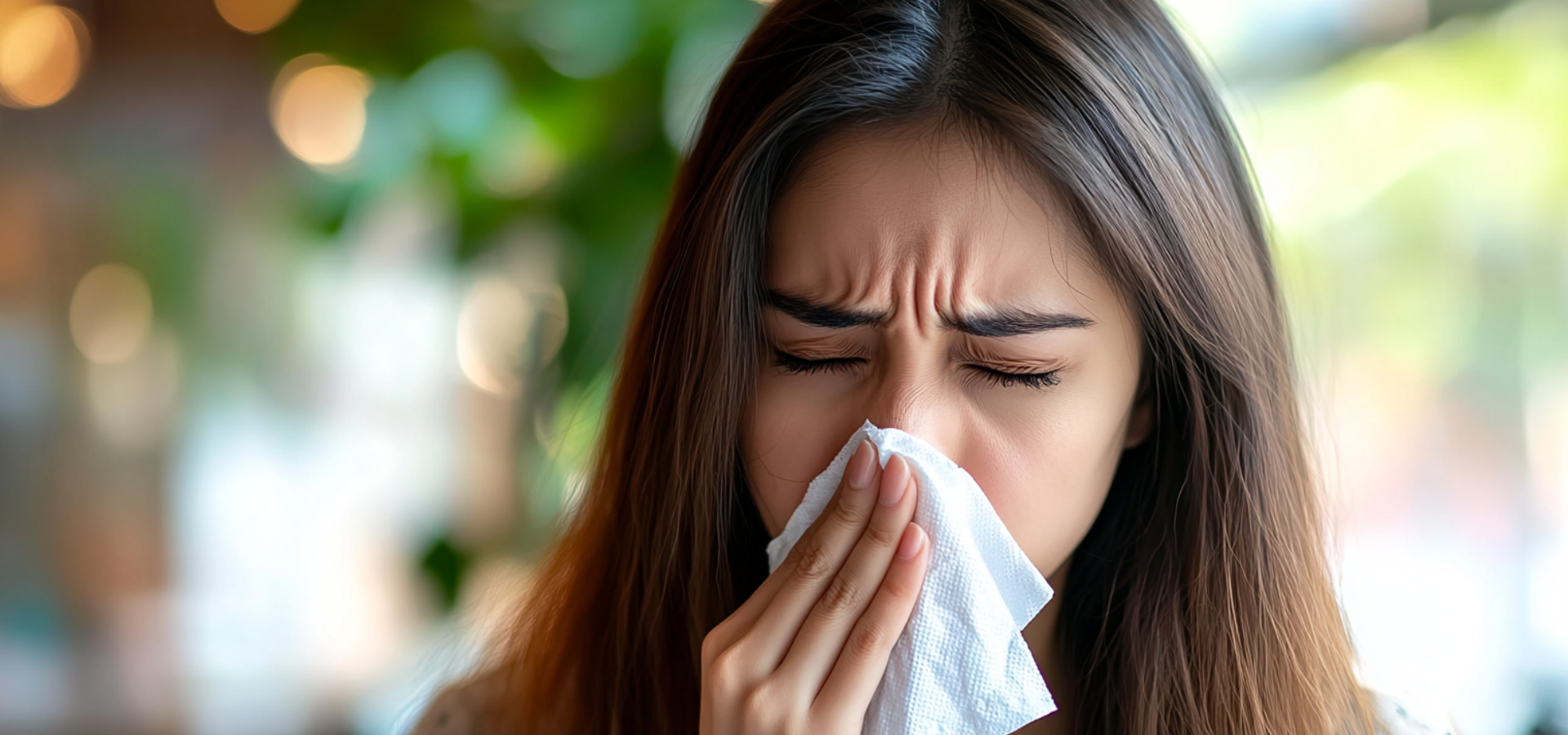
Here’s Everything You Should Know About Oak Allergy
Can oak pollen trigger vision-related problems? Besides pollen, which other substances can result in oak allergy symptoms? What is pollen food allergy syndrome? Which treatment option is the best for managing oak allergy symptoms? Our allergy and asthma specialists often come across these questions.
No worries. The blog will answer all your concerns. So let’s start with the basics.
The Pale Yellow Dust
Oak is credited for making Texas green and beautiful. But, it makes life miserable for some during the spring allergy season.
Do you know that there are more than 450 varieties of oak trees and shrubs? These trees are not just confined to rural areas and forests. You can also easily come across them in cities. All of them shed a substantial amount of pollen that spreads across hundreds of miles via wind. Therefore, it is almost impossible to avoid these wind-blown pollinators.
Don’t you remember coming across such yellow dust? You must have parked your vehicle under an oak tree at least once. Within a few hours, some portions of your car will be covered with the yellow, sticky stuff that can trigger an allergic reaction.
Allergy Season and Common Symptoms
The spring period (March and May) is known as oak allergy season. However, the pollen counts are highest during March and April.
Millions of particles of pollen flow in the air, wreaking havoc in the sinuses. People who are allergic to oak pollen can considerably reduce exposure to pollen by keeping track of the count in your area and reducing exposure.
The most commonly reported oak allergy symptoms are:
- Sneezing
- Coughing
- Runny nose
- Red, watery, or itchy eyes
- Itchiness in the throat or nose
- Fatigue
- Dark circles under the eyes
If initial symptoms are ignored, you might end up facing intense reactions.
What is Pollen Food Allergy Syndrome (PFAS) or Oral Allergy Syndrome (OAS)?
Do you often experience itchiness in your throat or mouth after eating certain raw vegetables and fresh fruits during the allergy season? If so, you probably suffer from Pollen Food Allergy Syndrome (PFAS).
You might wonder how fruits and vegetables trigger allergic reactions. Well, your immune system finds proteins or components present in certain fruits and vegetables as something similar to oak pollens.
Individuals suffering from Pollen Food Allergy Syndrome often start showing allergic reactions to strawberries, celery, soy, peanut, carrot, cherry, peaches, hazelnut, and apple.
Besides the above foods, allergists recommend oak allergy patients avoid eggs and chestnuts.
What is the percentage of such patients? Roughly 25 percent of allergic rhinitis patients also suffer from Oral Allergy Syndrome (OAS). No worries, you can steer clear of complications by merely avoiding foods that result in an itchy or tingly mouth.
What’s Allergic Conjunctivitis?
Can oak pollen result in red, itchy, watery eyes?
The answer is affirmative. If ignored, you can also experience vision problems due to oak pollen allergy.
Your allergist will examine your eyes and overall medical history to determine if the oak allergy is the root cause of the issue.
Professionals recommend antihistamines or allergy eye drops. Both can offer relief from symptoms.
Testing and Diagnosis
Besides weed, oak pollen, grass, even peanuts, bee stings, pet dander, and mold can result in allergies. Thus, determining the cause is crucial for selecting treatment options, managing symptoms, and avoiding exposure to specific pollen.
A board-certified allergist, like Dr. Neha Reshamwala, examines the symptoms and recommends allergy testing. For example, they may suggest skin prick testing, intradermal skin test, or blood test to determine the presence of allergen-specific antibodies.
Results from the test can help zero in on the specific allergen that causes your immune system to react. After diagnosis, your allergist chooses the best suitable treatment option.
Managing Allergies
There are three most preferred approaches when it comes to managing allergies.
The first approach, also known as exposure reduction, involves avoiding allergy-causing pollen and food items.
Here are a few tried and tested ways to limit exposure to pollen:
- Check the pollen count for the day
- Keep your house’s door, and windows closed when the pollen count is high
- Go outdoors during the evening hours
- Opt for a hot water shower after returning home
- Vacuum your house daily
- Opt for a dehumidifier or HEPA filter
- Avoid eating oak-related foods that trigger an allergic reaction
The second option is treating symptoms with pharmacological medications. Most specialists prescribe allergy medicine and nasal spray.
The third and most preferred way is to opt for allergen immunotherapy. It involves administering oral drops or shots with a small dose of allergens to help your body develop resistance to allergies.
Allergy shots train the immune system to tolerate oak pollen. As a result, symptoms are reduced drastically or eliminated over time. Pollen won’t be a health hazard anymore after your body develops resistance.

Written/Reviewed by: Dr. Neha Reshamwala
NPI number: 1780874578
Page last reviewed: 02/25/2025


 All blog posts
All blog posts





